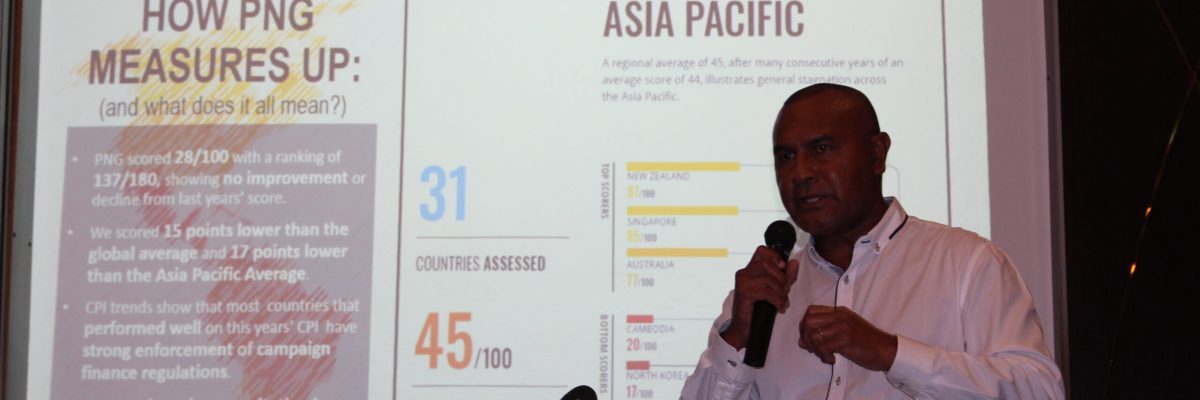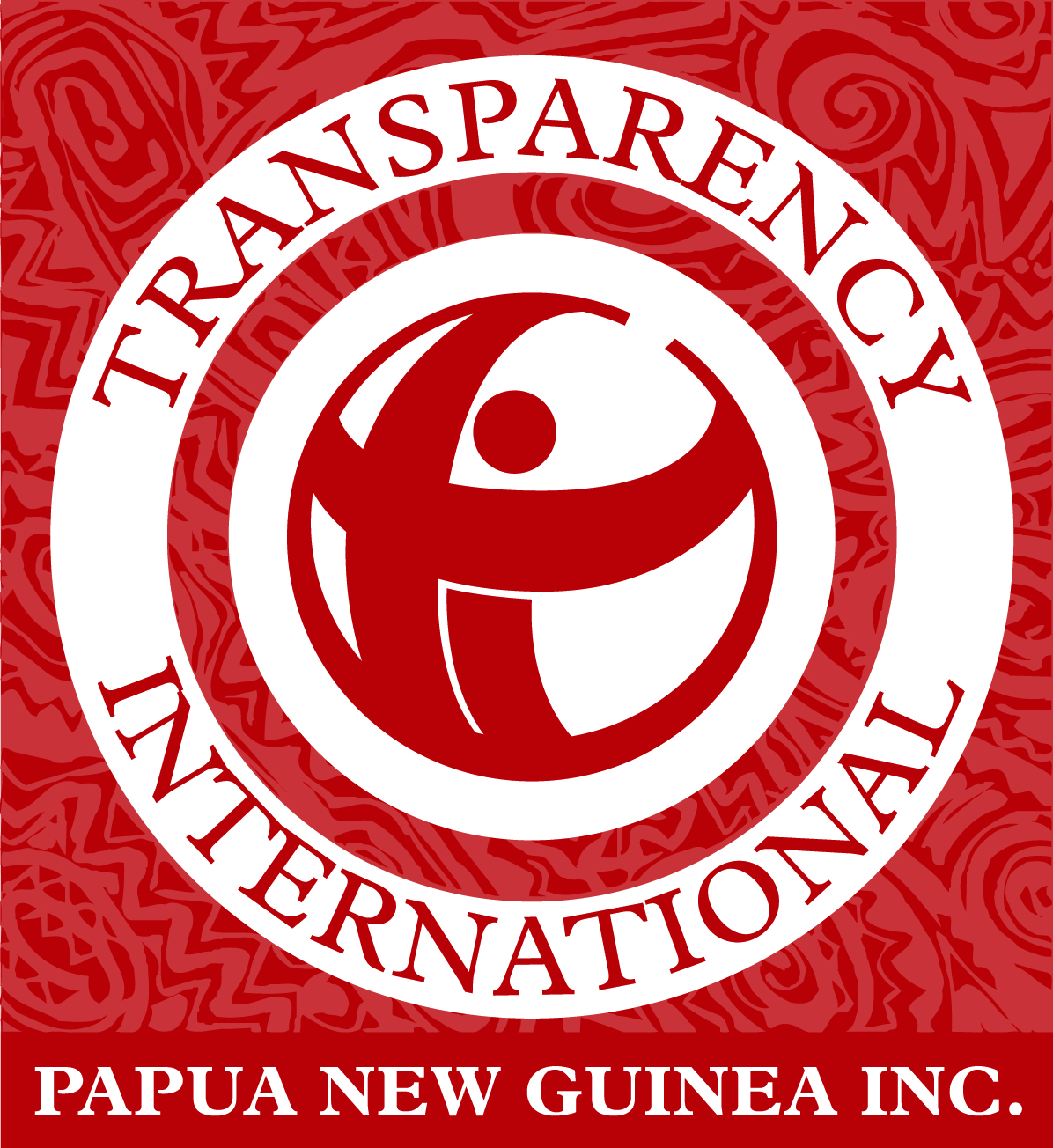Sovereign Wealth Fund

A lot has been said and reported on PNG’s Sovereign Wealth Fund (SWF) and its establishment since the arrival of the Exxon-led PNG LNG Project.
In 2010 an interdepartmental team comprising officers drawn from the Department of Treasury and Bank of Papua New Guinea (BPNG) held public consultations in Port Moresby.
In 2011 the members of the Technical Working Committee consulted peers from Mongolia and Chile on how to establish an SWF. Regional forums were held in Kokopo, Alotau, Lae and Mt Hagen to alert the public to the SWF Bill.
When PNG began exporting LNG in 2014 the SWF had yet to be established, despite the passing of the Organic Law for the establishment of Sovereign Wealth Fund in early 2012 (Australian National University Development Policy Blog, 2014).
In September 2016 the Bank of Papua New Guinea (BPNG) stated in its monetary statement that it is seeking technical assistance to set up the Sovereign Wealth Fund administrative secretariat (Yapumi, PNG Loop, 2016).
In November 2016 the Government announced that it engaged an independent firm to recruit suitable candidates to sit on the Sovereign Wealth Fund board, which will begin its work in early 2017 (Mou, PNG Loop, 2016). But the recruitment drive to get the new SWF board membership is now delayed due to challenges facing the accounting firm KPMG, says the
BPNG governor Loi Bakani (Albaniel, Post-Courier, 2017).
The absence of accountability and transparency in the SWF board recruitment process and the failure by the Department of Treasury and the Bank of Papua New Guinea (BPNG) to continue to give the public updates is a cause for concern.
The SWF bill is one of PNG’s most important legislations after 42 years of independence as it will literally guarantee the future of the next generation through the collection and savings of windfall revenue from gas and mineral exports.

